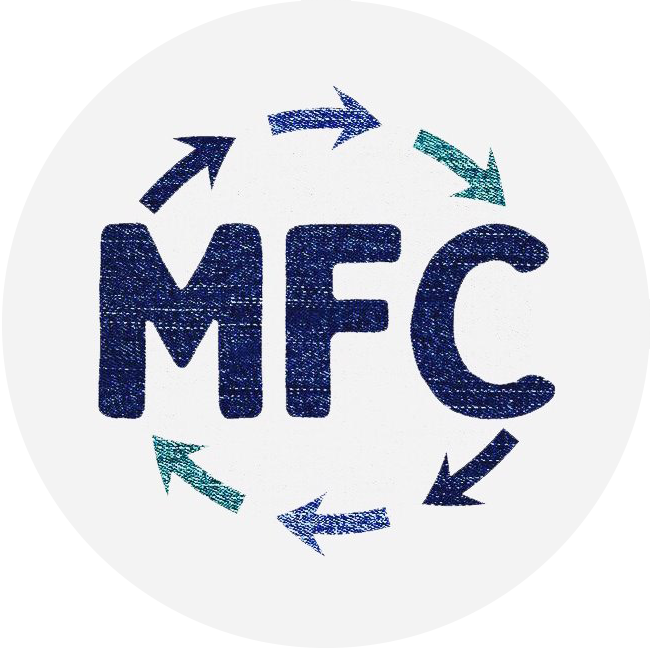MFC Team Member Publishes Reflection 5 Years After Completing the Innovate@BU Summer Accelerator
MFC Project Coordinator Dielle Lundberg was interviewed by the Innovate@BU team at Boston University about her reflections five years after completing the Summer Accelerator program for MFC in 2018. Read the full article, or below are some key quotes from the interview:
“The biggest advancements we made at the Summer Accelerator were figuring out more about how we wanted to frame and talk about the project. In 2018, awareness in the U.S. about global textile pollution was lower than it is now, and we were encountering challenges explaining the project. The Accelerator provided a lot of tools and frameworks to more clearly define the mission of MFC and allow us to do a better job of contextualizing the work within larger systems and structures. Having protected time to dive into conversations with our team and with mentors and others in the lab was also helpful to reflect more on my own positionality, my motivations for being involved in the project, and what sort of role I wanted to have long-term.”
“MFC has definitely grown. In 2017-2018, it was just a few of us trying to figure this thing out. Today, our team at MFC has about 10 people involved, and another team of 10 or so involved with Aftermath Learning Lab, which is an environmental health research and art lab spin-off from MFC that emerged out of collaborations between Dr. Julia DeVoy, Matilda, and I. The MFI Foundation has grown a lot too in that it has a larger board of activists and artisans involved, deeper relationships with the community and partners, and more artisans involved in its programs (around 12 artisans now compared to 6 back then). We have all collectively invested a lot of time and energy to try and build and organize these teams.”
“Six years in, MFC is still volunteer-run, and our annual budget has not exceeded $30,000, with around 90% going directly into the upcycling partnership with the MFI Foundation. So — everyone on our team is involved very part-time because we all have jobs and responsibilities elsewhere. We have attempted to compensate for this by having a large team with small defined roles and staying focused. We have kept going in part because we have seen that even at this scale, there is an important impact. So my advice would be — I don’t think an impact has to involve thousands of people to be meaningful and worth continuing.”
“I don’t believe that capitalism and entrepreneurship need to be synonymous. Fashion pollution, waste colonialism, and environmental injustice are all connected to exploitative economic systems like capitalism. However, frameworks for innovation, creative entrepreneurship, and design thinking are neutral and can be very positive and useful tools in pretty much any setting where people come together to take action on an issue together. I also want to encourage and shout out disabled entrepreneurs because your ventures are very important. Many disabled people go into entrepreneurship because workplaces are inaccessible. Despite this, disabled communities, especially those who encounter intersectional forms of oppression, often lack the resources they need to start a venture. I think programs like the Summer Accelerator that provide some of these resources are super important for that reason.”
